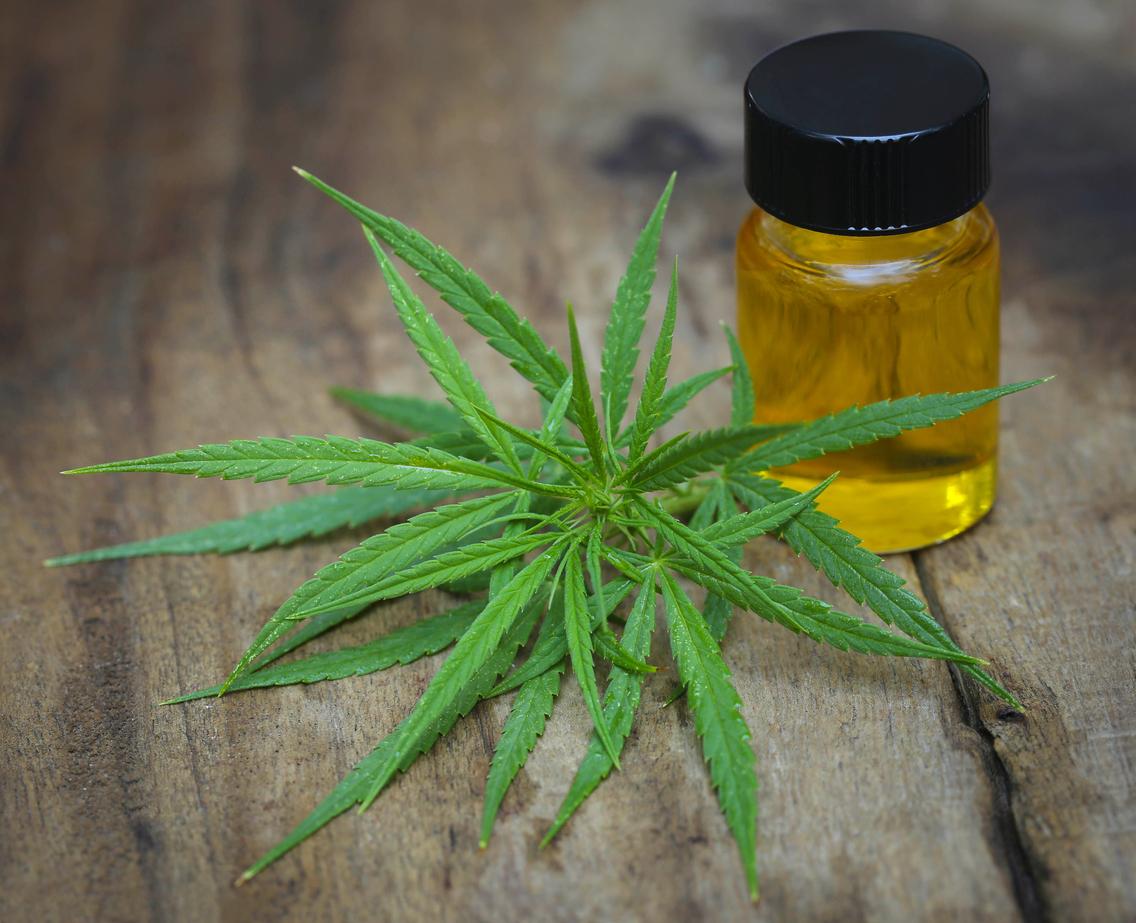Cannabis extract could provide ‘new class of treatment’ for psychosis
Cannabidiol (CBD) has 'opposite effect' to THC which causes cannabis high, as well as paranoia, when smoked

A key component of medical marijuana could provide an “entirely new” type of treatment for mental health patients suffering with hallucinations and delusions.
The first clinical trial exploring the effects of cannabidiol (CBD), one of the major psychoactive compounds in cannabis, found that it could relieve symptoms in patients with psychosis.
CBD has a broadly opposite effect to delta-9-tetrahydrocannabinol (THC), the main active component in cannabis and the substance that causes paranoia and anxiety.
It also doesn't cause a high so has little recreational benefit.
This has led to CBD being studied as a potential therapy for mental health conditions, epilepsy, and in Parkinson’s disease, or chronic pain.
Psychosis is a mental health diagnosis characterised by hallucinated voices or visions, or delusions where patients have strong and unfounded beliefs, for example feeling there is a conspiracy to harm them.
Antipsychotic drugs have been used in treating it for 60 years, but they have limited effectiveness and can have serious side-effects.
Professor Philip McGuire, from King’s College London’s Institute of Psychiatry, Psychology and Neuroscience, was the lead author of the study.
He said conventional drugs acted by blocking biological receptors for mood-altering chemical dopamine.
“However, dopamine is not the only neurotransmitter whose function is altered in psychosis, and in some patients dopamine function may be relatively normal,” he added.
“We need new classes of treatment that target different neurotransmitter systems.”
This trial found that patients given a CBD treatment saw statistically significant improvements in their psychosis symptoms relative to a group given a placebo.
The 83 patients, from the UK, Romania and Poland, also saw significant improvements in their health and severity of their illness as measured by their therapists.
There were signs of better cognitive performance as well, but this was not statistically significant.
While all the improvements were modest, the patients were still using their antipsychotic medication so it shows CBD treatments can offer additional benefits over and above conventional treatment.
The results are published in theAmerican Journal of Psychiatry today. The paper says: “This is, to our knowledge, the first placebo-controlled trial of CBD in schizophrenia.
“The data indicate that six weeks of treatment adjunctive to antipsychotic medication was associated with significant effects both on positive psychotic symptoms and on the treating clinicians’ impressions of improvement and illness severity.”
Professor McGuire added that larger trials were now needed to confirm these findings in other patient groups.
“Although it is still unclear exactly how CBD works, it acts in a different way to antipsychotic medication, and thus could represent a new class of treatment.
“Moreover, CBD was not associated with significant side effects. This is also potentially important, as patients may be reluctant to take antipsychotic medication because of concerns about side effects.”
Join our commenting forum
Join thought-provoking conversations, follow other Independent readers and see their replies
Comments
Bookmark popover
Removed from bookmarks